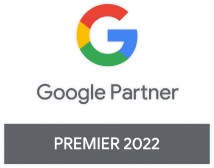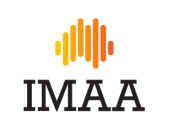From start-ups to Fortune 500 companies, we work with brands to grow their revenue.
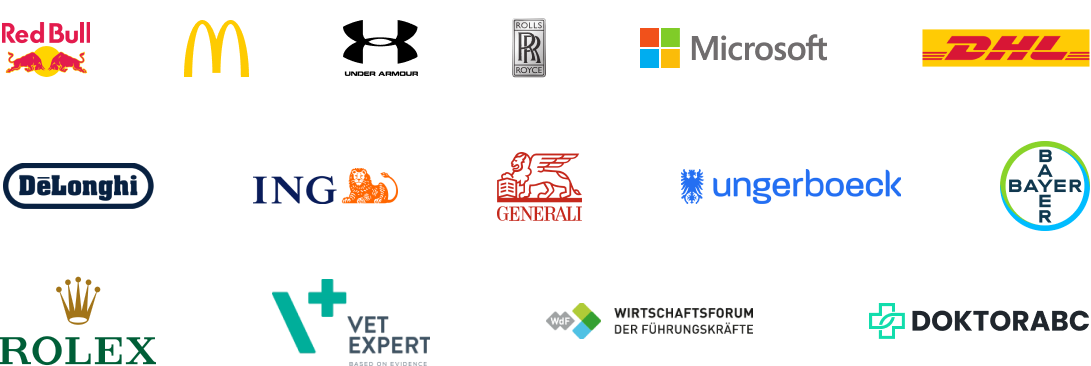
Powerful targeting options that will maximize your ROI
Google PPC advertising offers powerful targeting options that allow businesses to get in front of specific target audiences easily. With the ability to target by keywords, demographics, and location, among loads of other factors, businesses can reach the right people at the right time with their precise ads.
Not only does this make it easier for your business to reach its ideal customers, but it also allows you to relate to those customers more strongly. By tailoring ad messaging and offers to specific audiences, your business can create a more personalized and relevant experience for your audience, making individuals more likely to convert into buyers.
When it comes to ROI, targeted Google PPC campaigns can be the difference. By reaching the right people with the right message, businesses can see a boost in conversions and sales, ultimately leading to a positive impact on the bottom line. At First Page, we have the expertise to help businesses develop and execute targeted Google PPC campaigns that drive results. Contact us today to learn more about how we can help you reach and engage with your ideal customers through the power of Google PPC.



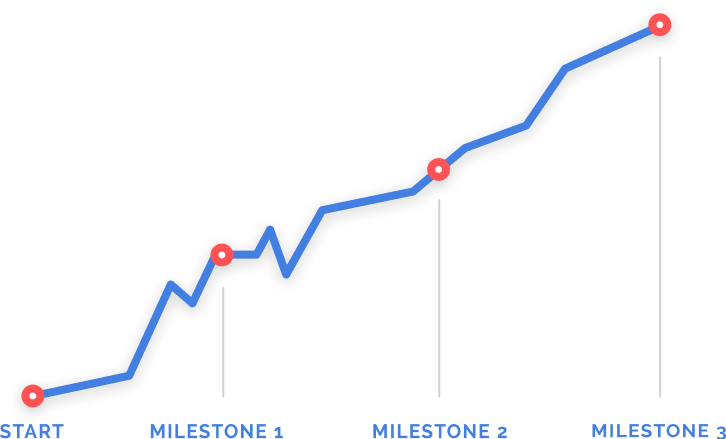
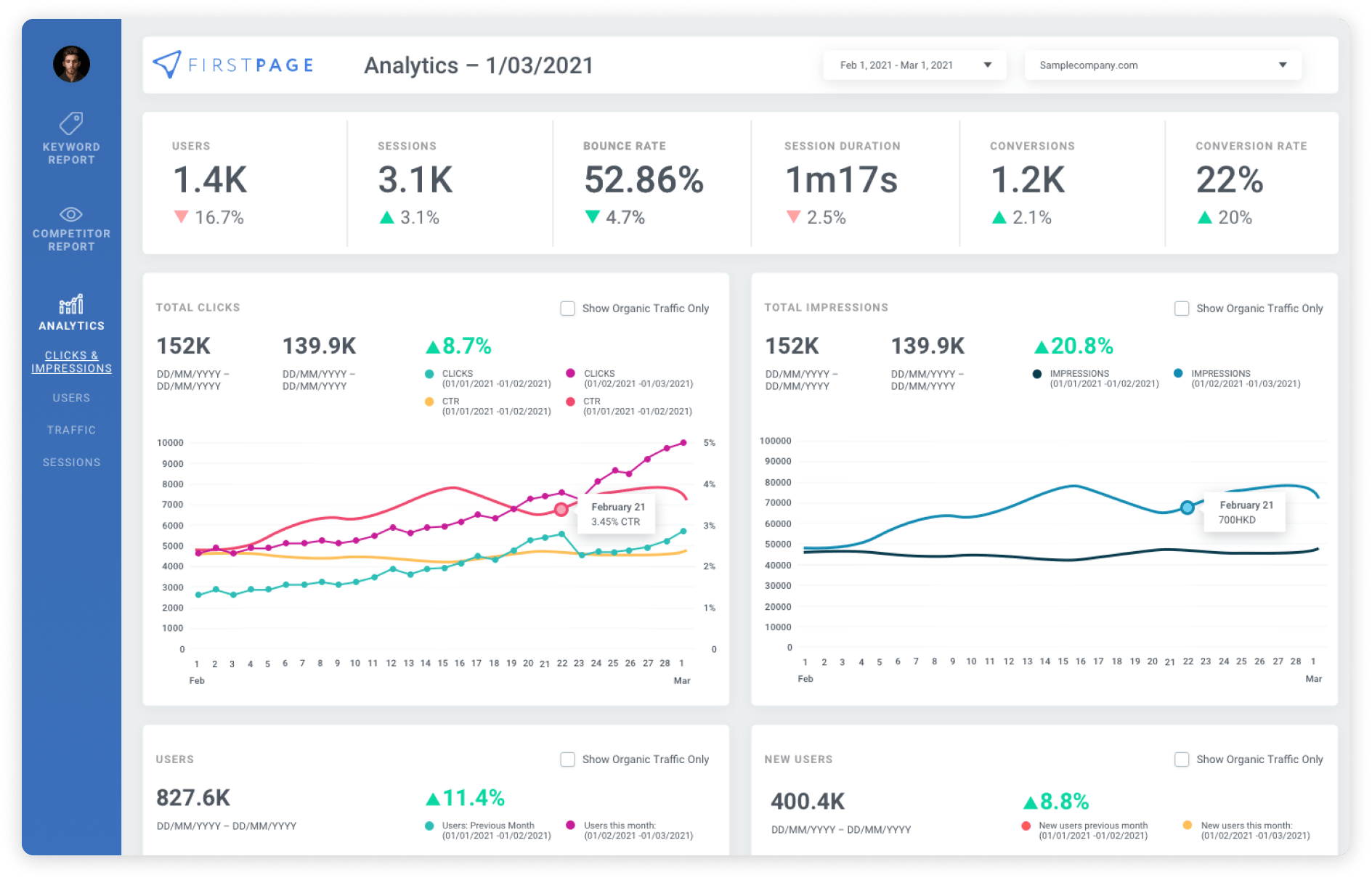
)
)
